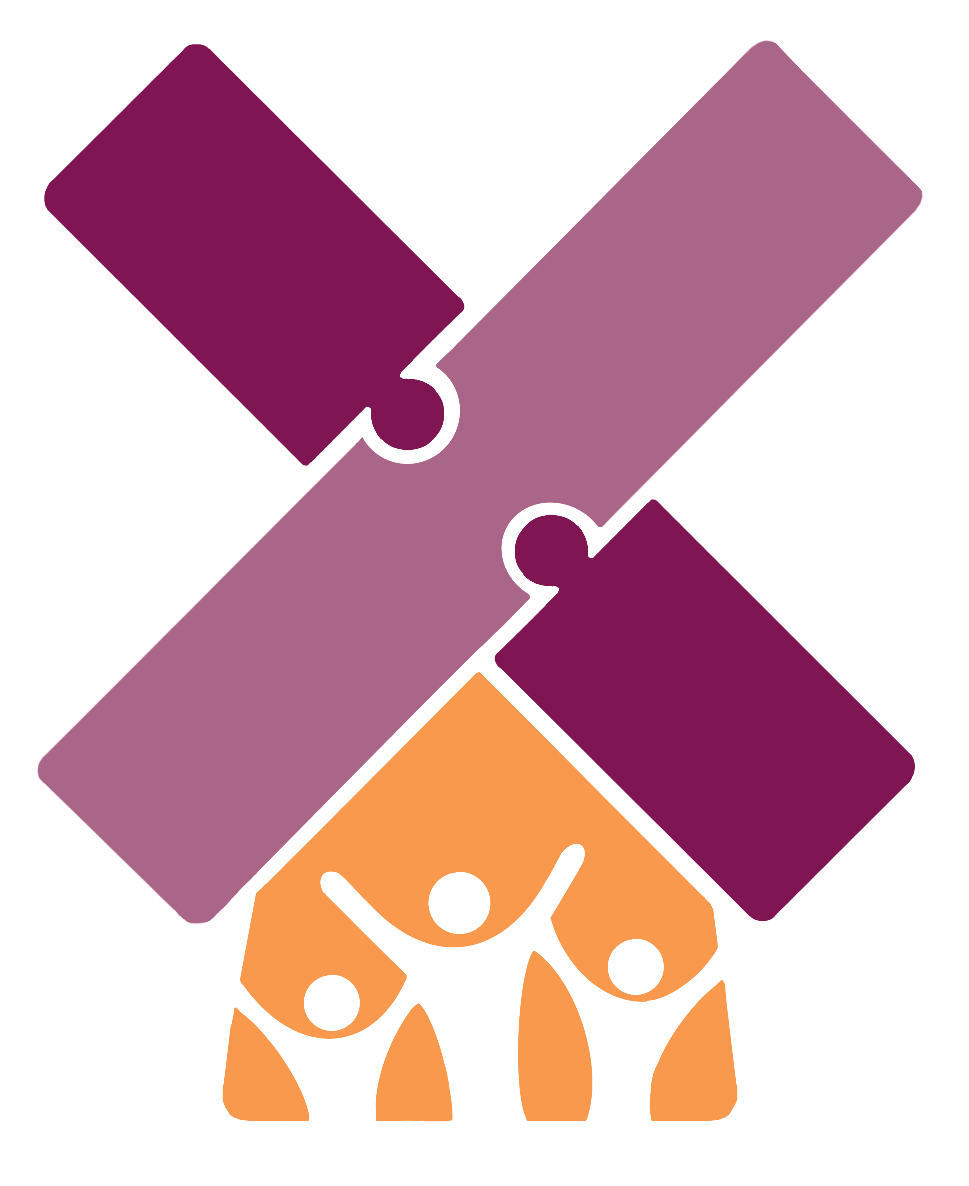Seasonal Affective Disorder, Or Just Missing Home?
As the days grow shorter and the air turns colder, many of us start to feel a shift. Maybe you’re more tired than usual, less motivated or just a little “off”. Perhaps you find yourself missing home – the smell of familiar food, the sound of your family’s laughter, or the comfort of your own traditions.
For Third Culture Kids (TCKs) – people who have grown up between cultures or countries – seasonal changes can bring up unique emotional layers. You might wonder: Is this Seasonal Affective Disorder (SAD)? Or am I just homesick?
It’s a good question, and one that many people quietly wrestle with each year, especially because the holidays are just around the corner. Let’s explore how to tell the difference and how to care for yourself through either experience.
When It’s More Than Just the “Winter Slump”
Seasonal Affective Disorder (SAD) is a form of depression that typically appears during the darker months of the year. It’s caused, in part, by reduced daylight which disrupts your biological rhythms and affects serotonin, a brain chemical that helps regulate mood.
Feeling persistently down, empty, or hopeless
Struggling to enjoy things you usually like
Sleeping much more (or much less) than usual
Difficulty concentrating or making decisions
If these symptoms linger for weeks or months, and you notice they return each year around the same season, it’s worth reaching out for support. SAD is common, and it’s treatable through therapy, light exposure, structured routines, and sometimes medication.
When the Sadness Is About Missing Home
What if what feels like “seasonal sadness” isn’t about light levels at all? What if it’s about loss and longing?
For TCKs, the colder months and holiday seasons can stir deep emotions tied to identity, belonging, and home. Maybe you miss the sights and sound of where you grew up. Maybe your holidays look different this year, or you feel caught between cultures - not fully at home anywhere.
This kind of sadness isn’t a disorder; it’s an emotional response to disconnection and memory. It can show up as:
Feeling lonely or unmoored
Yearning for family, friends or familiar rituals
A bittersweet nostalgia for places you’ve lived
Homesickness is a form of grief. It’s the healthy human kind that reminds us of how deeply we’ve loved and belonged.
How to Tell the Difference
While SAD and homesickness can overlap, here’s a way to distinguish them:
What Can Help
If you’re dealing with SAD:
Get morning light: natural daylight or a light therapy lamp can make a real difference (try sit near windows when you’re indoors)
Move your body: even gentle activity boots endorphins and helps regulate sleep (even a short walk after breakfast or lunch)
Keep a routine: structure brings stability when your mood dips
Reach out for professional support: therapy (especially CBT) can help you recognise and manage seasonal mood shifts
If you’re feeling homesick:
Recreate connection: cook traditional meals, listen to familiar music or watch the local tv channel from home
Stay connected: call, message or voice-note people who make you feel seen or bring back the familiar experience of home (whatever and wherever that may look like for you)
Express what you miss: write, draw, or talk about the things that matter to you. Nostalgia can be healing when shared
Our Final Note
For TCKs, “home” is often plural; it lives in multiple places, people, and memories. So when you miss one version of home, it doesn’t mean you’re broken or overly emotional. It means you’re human, and that your heart remembers.
Whether your low mood comes from a shift in sunlight, change or the ache or missing your roots, both experiences deserve compassion and care.
Both light and connection are forms of feeling and both can be cultivated, even from afar. If this season feels heavier than usual, whether from the lack of light or the longing for home, our team understands the unique experiences of TCKs. At The Expat Kids Club, we’re here to help you find steadiness and connection wherever you are.

